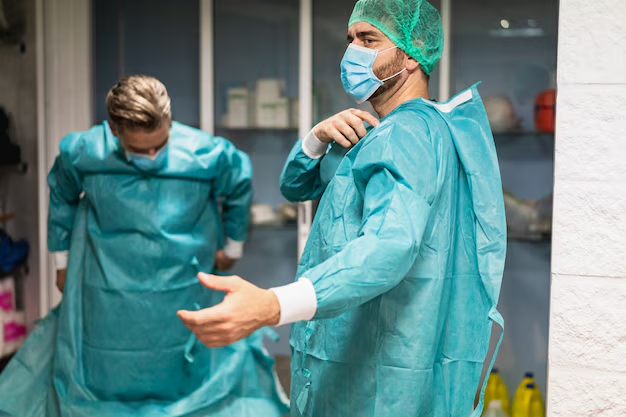How To Become A Cardiothoracic Surgeon: Essential Degrees and Certifications
Embarking on the journey to become a cardiothoracic surgeon is a pursuit that requires dedication, rigorous training, and a series of essential academic qualifications. The path typically begins with earning a Bachelor’s degree, with a focus on pre-medical courses such as biology and chemistry. This foundation is crucial as it prepares aspirants for the Medical College Admission Test (MCAT) and sets the stage for the next crucial step: medical school. Over four years of medical school, students delve into a comprehensive curriculum that covers essential medical knowledge and clinical skills, culminating in a Doctor of Medicine (MD) or Doctor of Osteopathic Medicine (DO) degree.
Following medical school, a general surgery residency, usually spanning five years, offers hands-on surgical experience. This residency is key in equipping future surgeons with the skills needed for complex operations. After completing the general surgery residency, a cardiothoracic surgery fellowship of 2-3 years is required. This specialized training hones the surgeon’s expertise in performing surgeries on the heart, lungs, esophagus, and other organs in the chest. Finally, obtaining board certification from the American Board of Thoracic Surgery underscores a surgeon’s proficiency and commitment to excellence in the field.
Academic and Training Pathway to Cardiothoracic Surgery:
- 🎓 Bachelor's Degree: Focus on pre-med courses (Biology, Chemistry)
- 🧑⚕️ Medical Degree (MD/DO): 4 years of medical school
- 🏥 General Surgery Residency: 5 years of surgical training
- ❤️ Cardiothoracic Surgery Fellowship: 2-3 years specializing in chest surgeries
- 📜 Board Certification: American Board of Thoracic Surgery
This structured journey highlights the importance of education and specialized training, paving the way for a successful career in cardiothoracic surgery.

Related Topics
- Becoming A Neurosurgeon
- Becoming A Pediatrician
- Becoming Physician Assistant
- Becoming A Surgeon
- Becoming A Doctor
- Becoming Brain Surgeon
- Becoming Cardiothoracic Surgeon
- Becoming Family Physician
- Forensic Pathologist Duration
- Becoming A Gyno
- Heart Surgeon Timeline
- Orthopedic Surgeon Training
- Pediatric Dentist Duration
- Pediatric Doctor Timeline
- Pediatric Surgeon Training